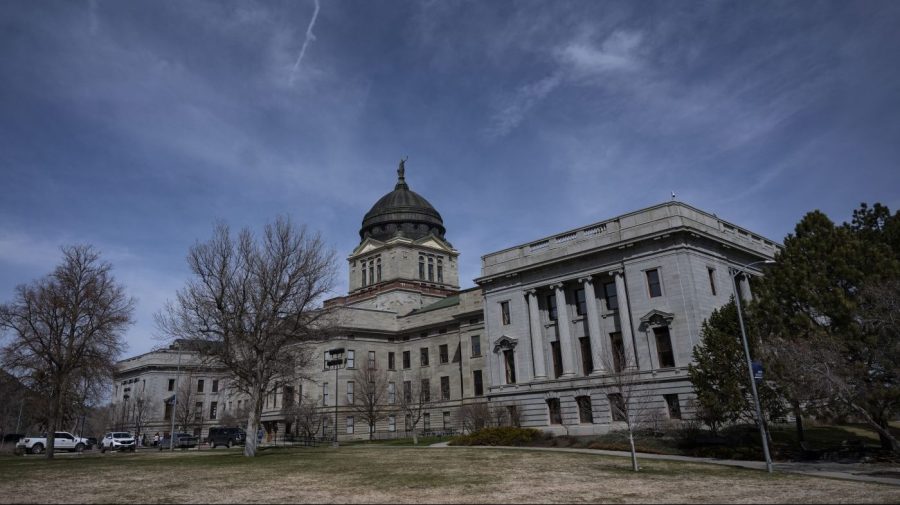
The Supreme Court on Tuesday declined to take up Montana Republicans’ efforts to revive two state election laws under a version of the so-called “independent state legislature” theory.
In 2023, the justices rejected the maximalist version of the theory, which would give state legislatures near-total control over setting election rules by preventing state courts from restraining their actions.
Though the Supreme Court ruled that state courts can conduct judicial review, the majority opinion stressed they do not have “free rein.” Under the Constitution’s Elections Clause, judges cannot intrude on state lawmakers’ authority to regulate federal elections, but the high court’s decision did not set a specific test for determining when that boundary is crossed.
Montana Secretary of State Christi Jacobsen (R) asked the justices to take up that open question in her appeal seeking to revive two state laws banning paid ballot collection and same-day voter registration on Election Day in Montana.
In a split 5-2 decision, Montana’s top court struck down the laws under the state constitution in response to a challenge from the Montana Democratic Party and various interest groups.
“In short, the Montana Supreme Court has assumed a de facto new role as the final and exclusive arbiter of all federal election legislation in Montana. This Court’s review is urgently needed,” Jacobsen, represented by Montana Attorney General Austin Knudsen (R), wrote in court filings.
Montana’s high court petition was backed the National Republican Senatorial Committee, 15 other Republican state attorneys general and the America First Legal Foundation.
Montana Democrats urged the nation’s highest court to let the lower ruling stand, noting that the case also involved other election laws and legal arguments.
“The court’s analysis was based on the ample trial record in this case and firmly grounded in existing Montana law. There was nothing extraordinary or inappropriate about it,” they wrote in court filings.












